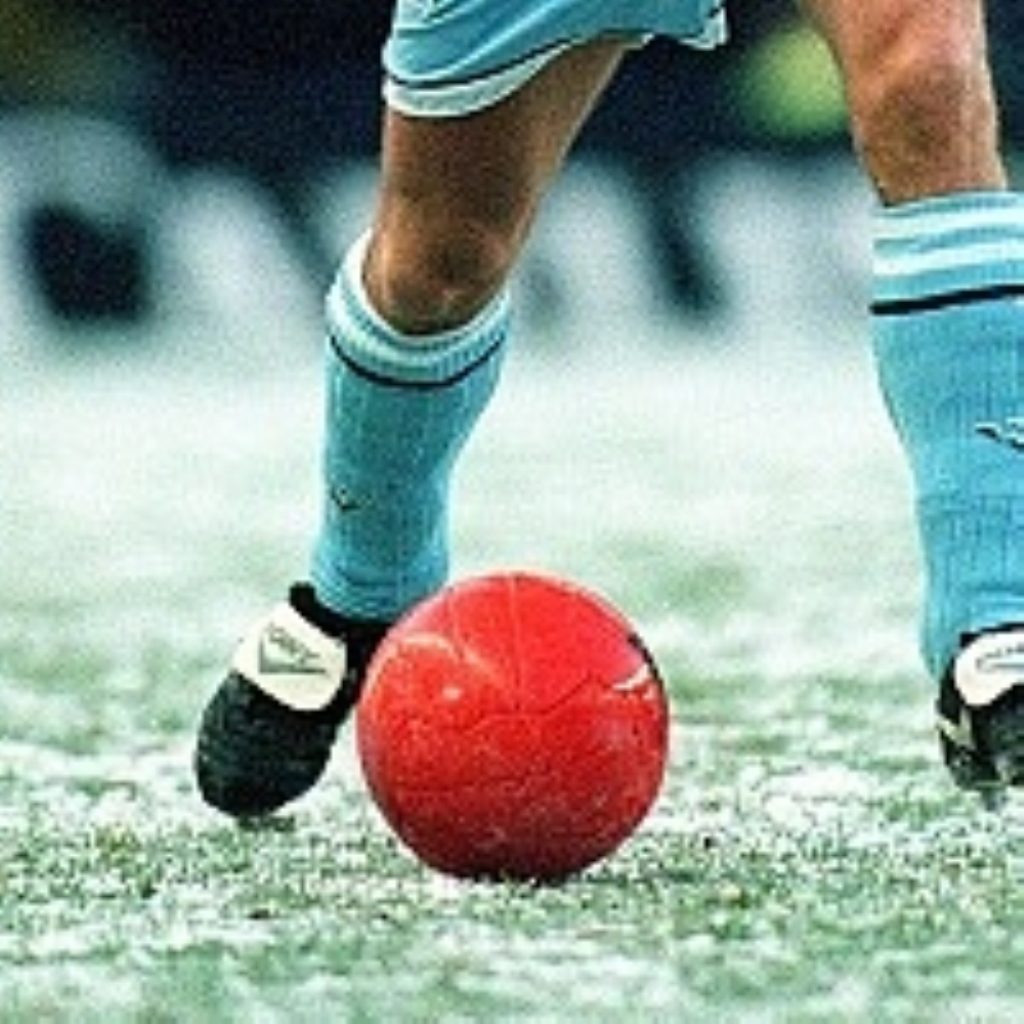Football accepts gay-rights charter
Efforts to wipe out homophobia in sport have received a significant boost as the country’s major sports leagues put their weight behind a government campaign.
The organising bodies for football, tennis, cricket, rugby league, rugby union and the Olympics have all signed the government’s charter for action.
The charter aims to create a welcoming environment for lesbian, gay, bisexual and transgender (LGBT) people in sport.


Activists welcomed the move as a sign that sport – often considered the last bastion of homophobia in the UK – was pressured to modernise in line with other industries.
The document has four key points: everyone should be able to participate, sport is about fairness, equality, respect and dignity, a commitment to making these values a reality for LGBT people, and a pledge to challenge unacceptable behaviour.
Alex Horne, general secretary of the Football Association (FA), said the sport was working to combat all forms of discrimination.
“The FA and its stakeholders have worked hard over the years in providing football for all and ensuring that football stadia are open to everyone and are both family and LGBT friendly,” he said.
“We’ve seen real progress over the last 20 years when it comes to tackling racism and that’s something football should be proud of.
“We remain committed to our long-term goal of removing all forms of discrimination, such as homophobia, out of the game.”
England’s top four football divisions are notorious for not having any openly gay players.
Other sports are only moderately better-represented. England cricketer Steven Davies recently announced he is gay, while Welsh rugby player Gareth Thomas came out two years ago.
Equalities minister Lynne Featherstone said the charter was an important step towards a sporting environment free from discrimination.
“Sport should be about what you can do, not who you are,” Ms Featherstone said.
“But too many lesbian, gay, bisexual and transgender people feel that the sports field is not somewhere they can be themselves, and that prejudice and discrimination will mean their sexuality is always talked about more than their ability with a ball, bat or racket.
“Homophobia and transphobia has no place in sport and I’m delighted that so many sporting bodies are backing our campaign to stamp it out at all levels, from local parks to Olympic stadiums.”









